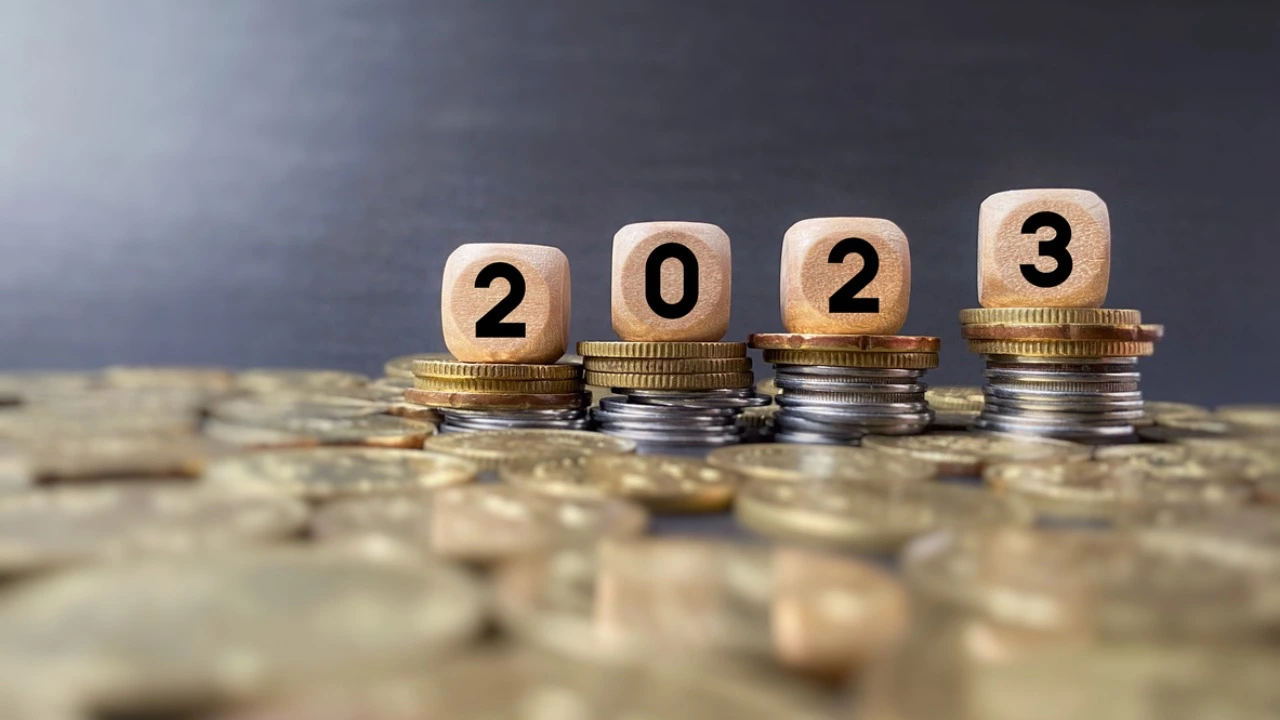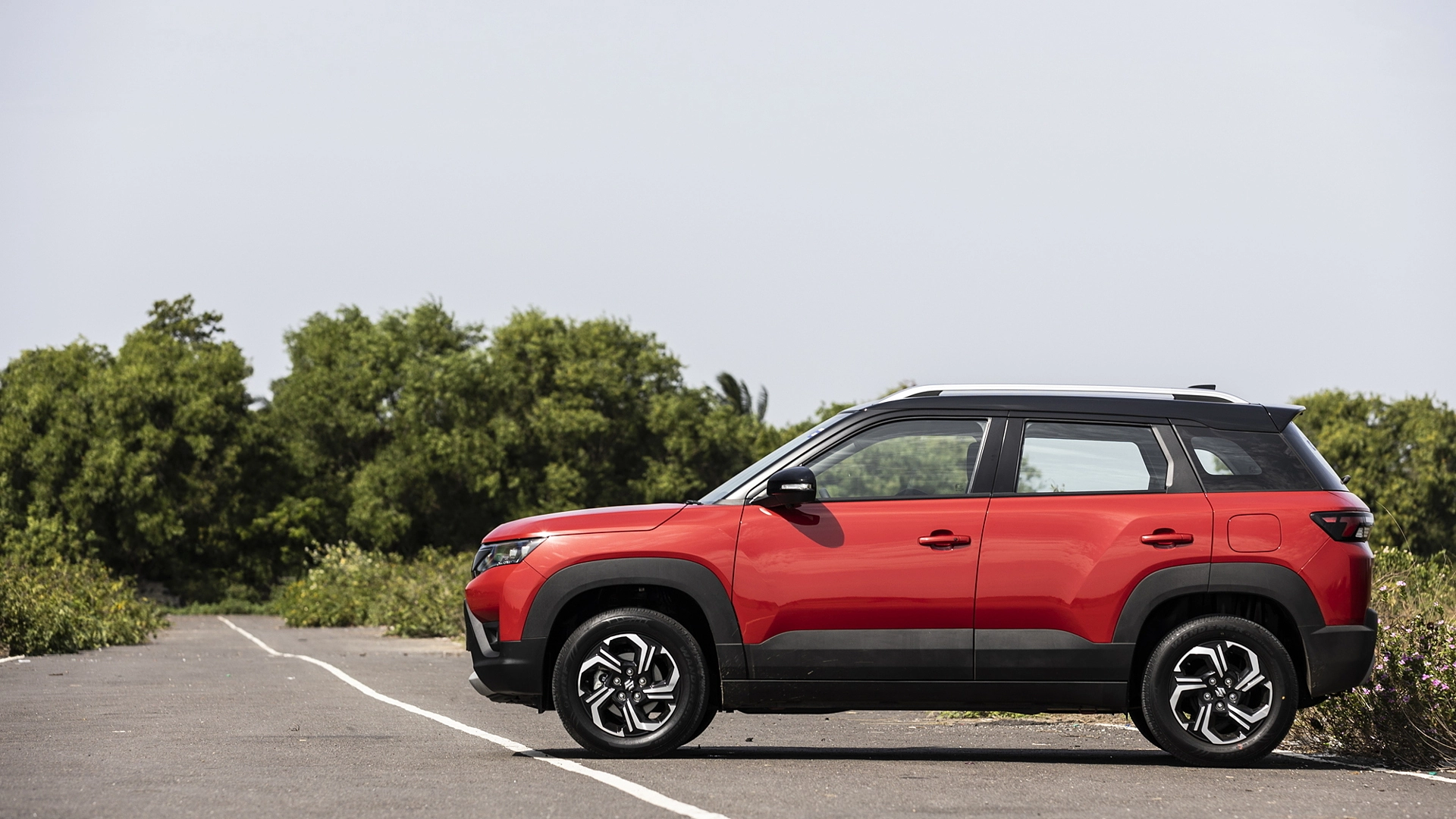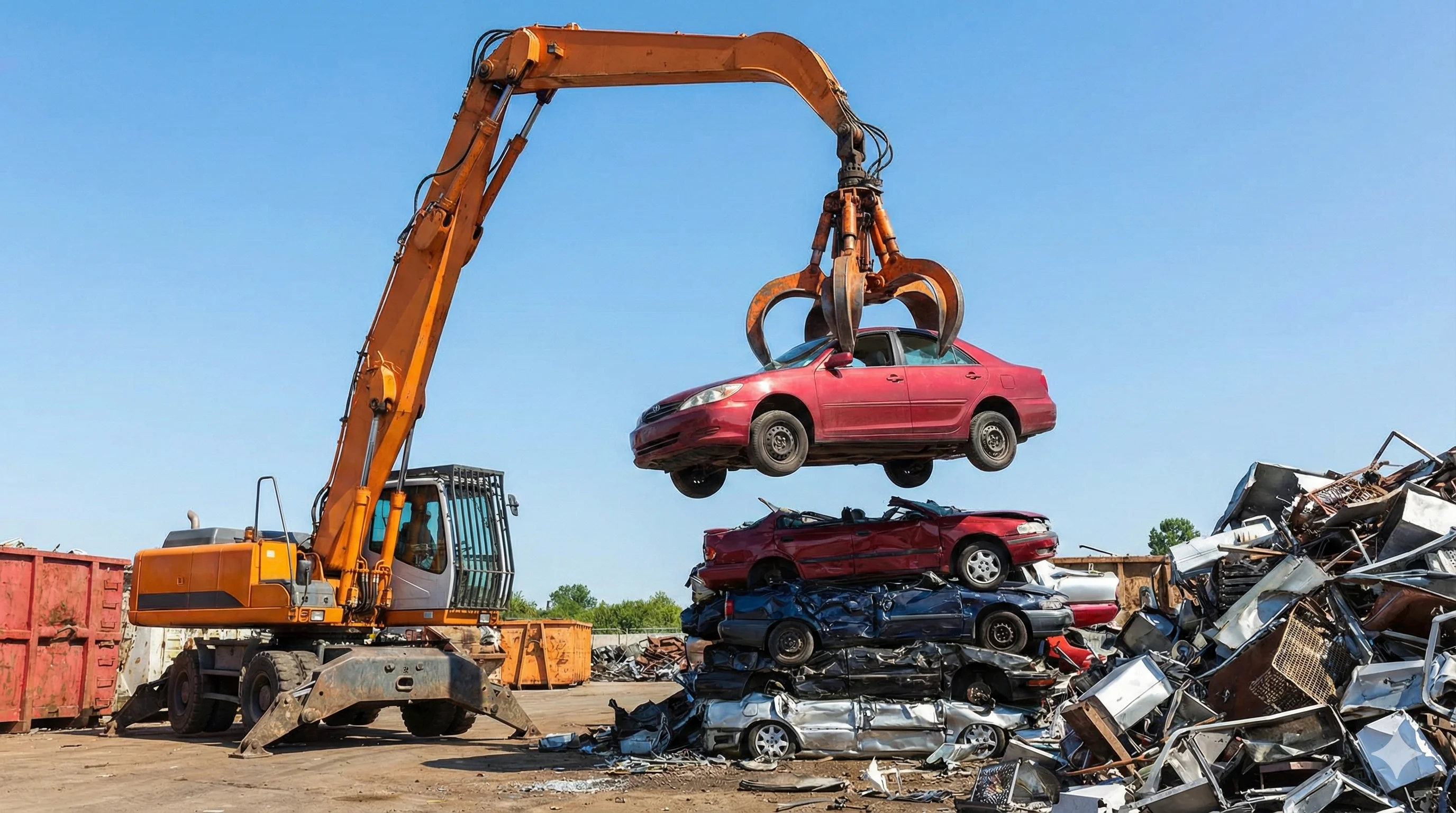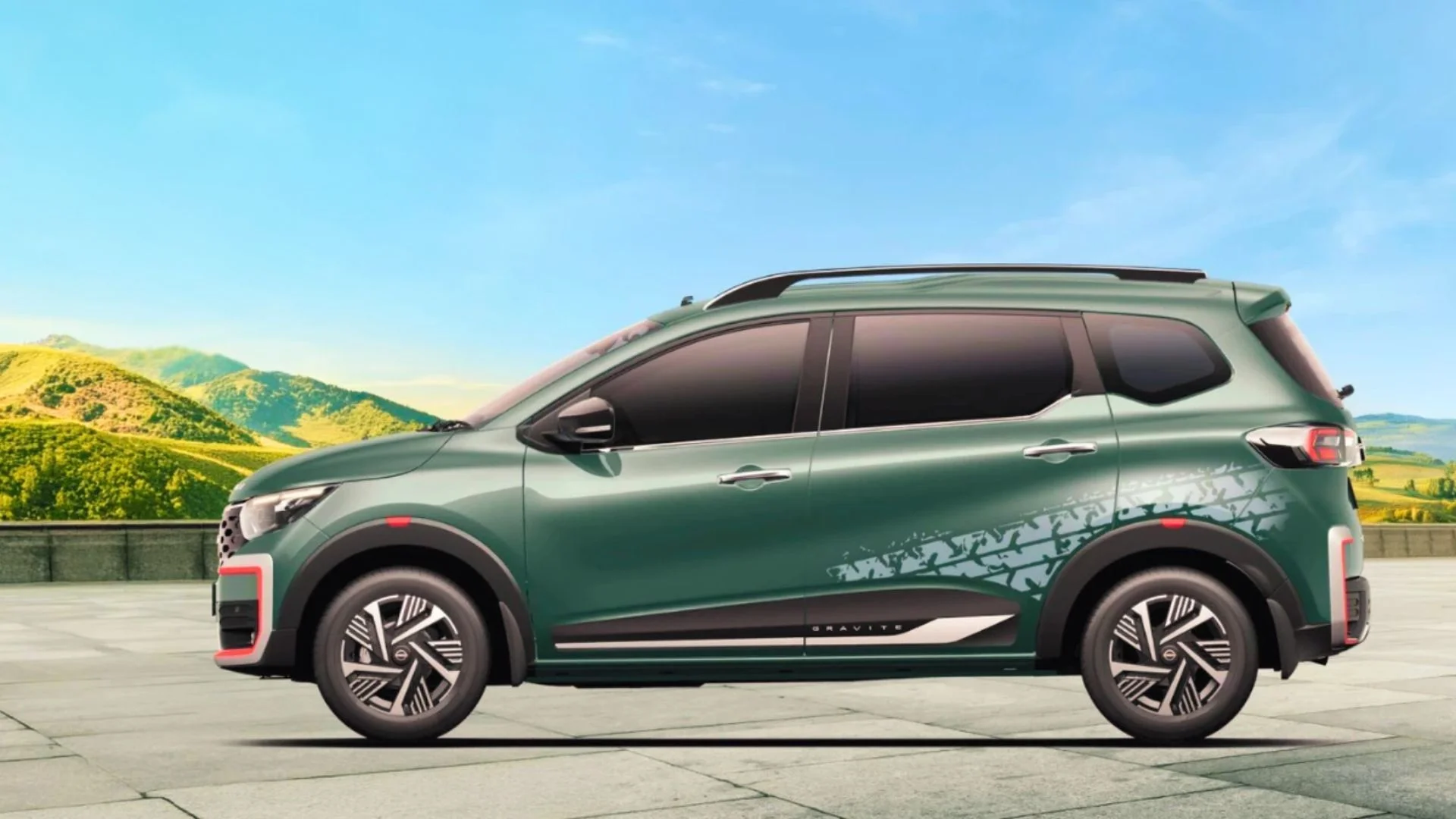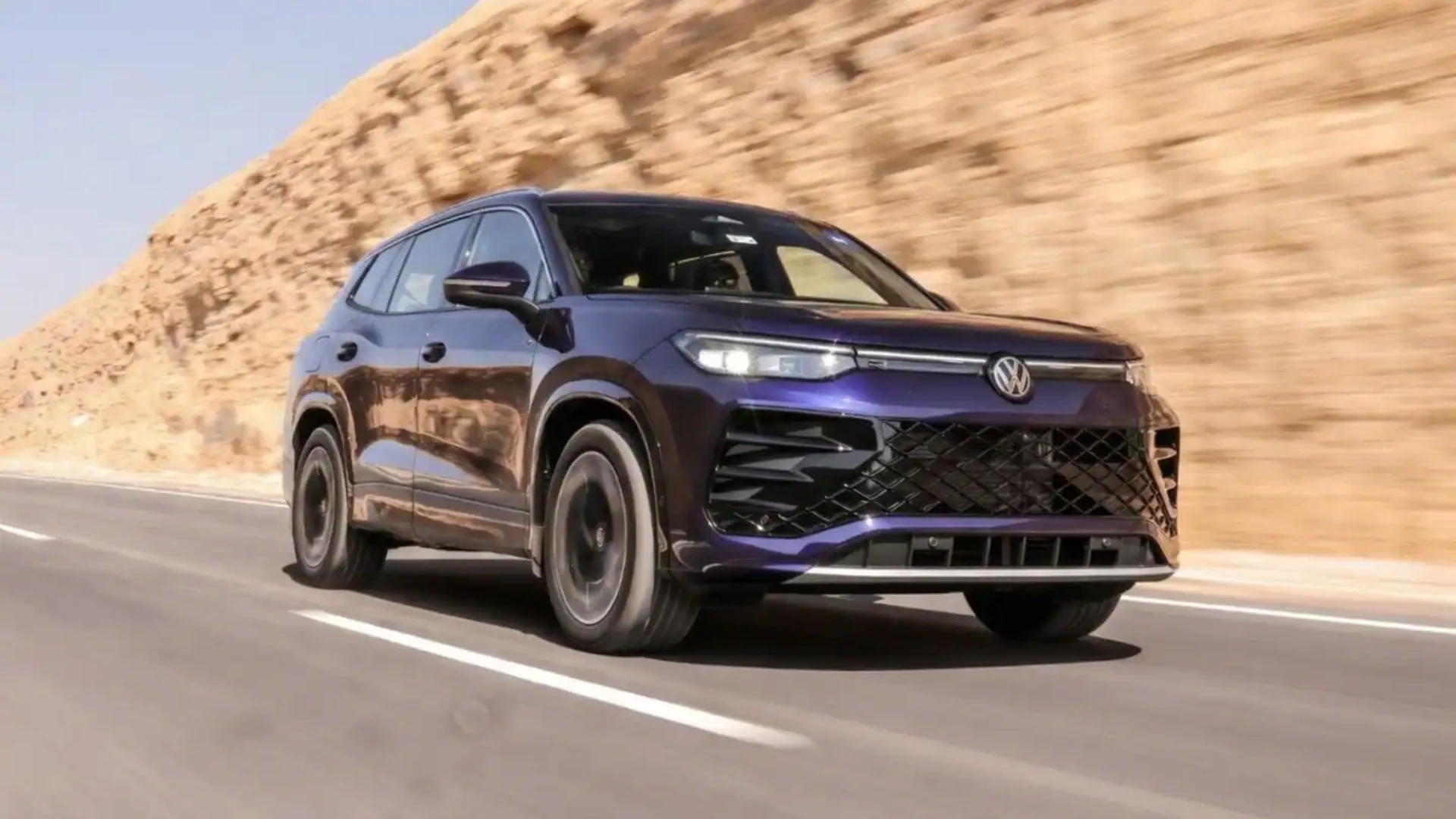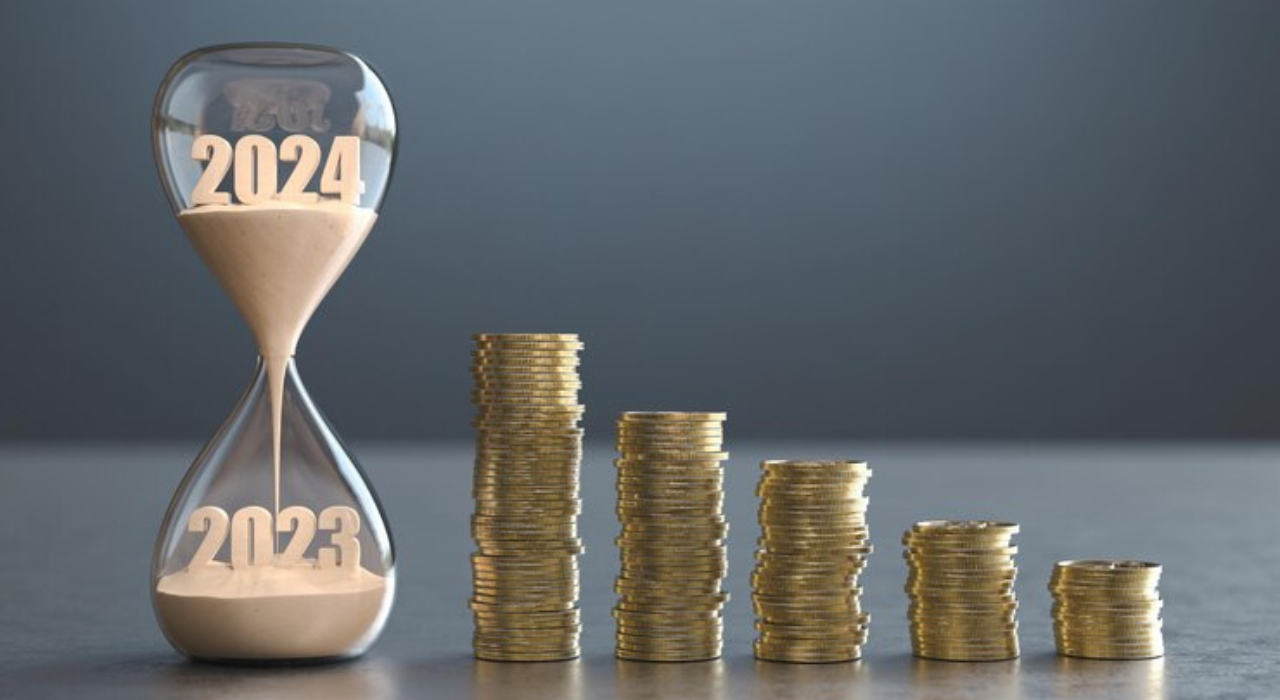
Table of Content
▼EV makers are likely to agree with Finance Minister Nirmala Sitharaman to allocate an outlay of Rs 2,671 crore for faster adoption and manufacturing of electric (and hybrid) vehicles in India (FAME) for FY25.
The additional outlay of the scheme in the interim budget is the first official indication from the government that a version of the scheme will continue to operate in the next financial year. The second edition of FAME ends on March 31, 2023.
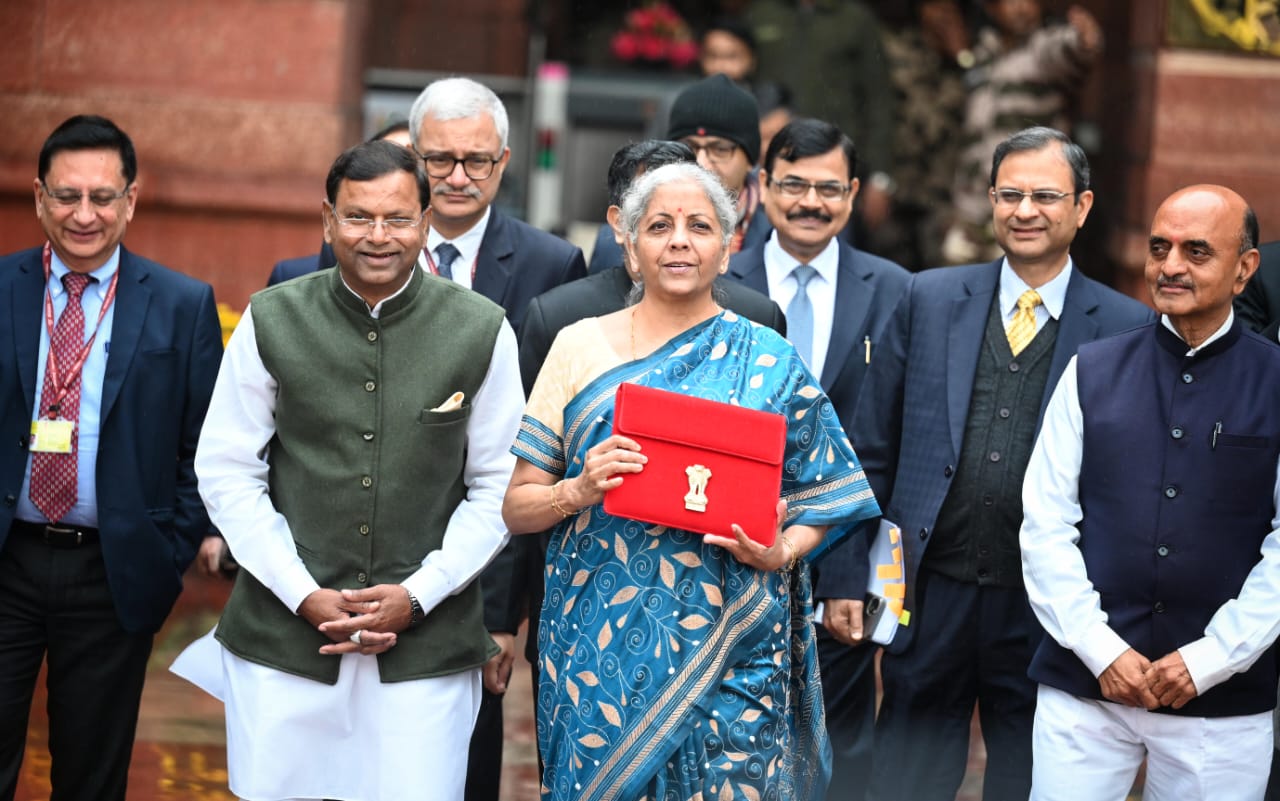
In her shortest budget speech since taking over as finance minister, Sitharaman said the government would "work to expand and strengthen the electric vehicle ecosystem by supporting manufacturing and charging infrastructure."
The focus will be on bringing in more electric buses to reduce vehicle emissions and achieve the state's net-zero goals.
“Greater reliance on electric buses for public transport networks will be encouraged through payment security mechanisms,” Sitharaman added.
The government has allocated INR 4,807 crore for FAME in the revised estimates for FY24, against the initial budget estimate of INR 5,172 crore. The Center has allocated INR 2,403 crore for the scheme in FY23.
Rooftop solar, which will enable one million households to get up to 300 units of free electricity every month, will also, among other things, help in charging electric vehicles, Sitharaman said.
The Center allocated Rs 895 crore for FAME I, which was effective from 2015 to 2019. This allocation has been significantly increased to Rs 10,000 crore under FAME II for 2019-2024. In May 2023, FAME II incentives were reduced to INR 10,000 per kWh and a maximum of 15% of the factory price of an electric two-wheeler. This measure is intended to ensure that the budget allocations for the plan are not exhausted before the objectives detailed in the program are achieved.
FAME II aims to support 1 million electric two-wheelers (E2W), 500,000 electric three-wheelers, 55,000 electric four-wheelers, and 7,090 electric buses. The plan was able to achieve the goals of E2W and buses. However, implementation has been marred by alleged instances of companies failing to meet localization obligations while applying for support under the scheme.
Also Read: BPCL invests Rs 120 crore to install 1800 DC fast EV chargers
Neha Mehlawat
Neha Mehlawat is an automotive journalist and industry analyst with 10+ years of experience covering cars, bikes, and mobility trends. She tracks the latest launches, technology upgrades, and policy changes in the auto sector, delivering sharp insights that help readers stay ahead in the fast-evolving world of automobiles.
